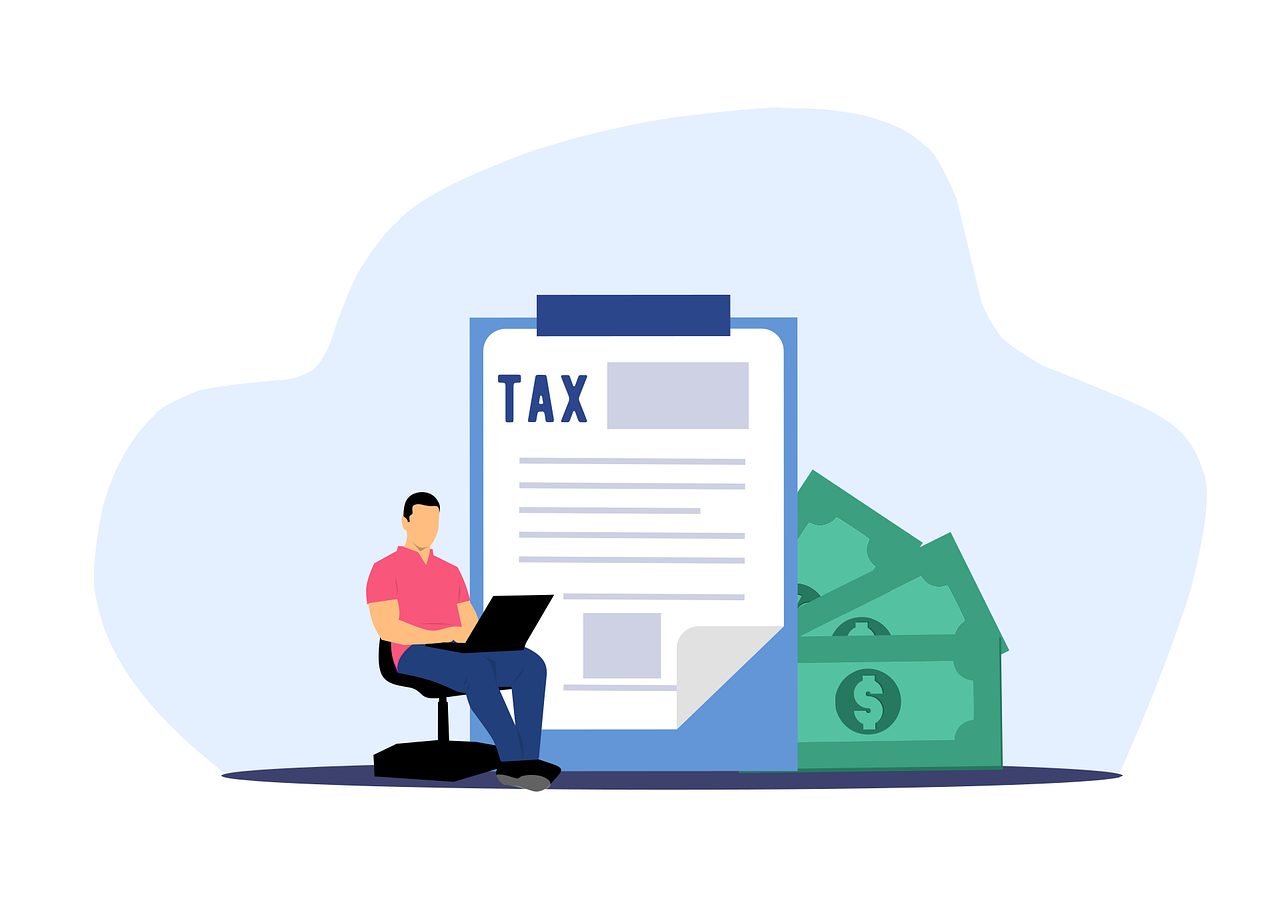Business Taxes: What Every Entrepreneur Should Know
Every entrepreneur should know about business taxes. Failure to comply may lead to serious penalties and even legal problems. Here’s what you really need to know in a nutshell:
Types of Business Taxes
Income Tax
This is the most common type of business tax. It’s based on your business’s profits and varies depending on your business structure.
Sole Proprietorships and Partnerships
Generally pay income tax on their personal returns.
Corporations
Pay corporate income tax on their profits, and shareholders may be further assessed taxes on dividends.
LLCs
Can choose how they want to be taxed-as a sole proprietorship, as a partnership, or as a corporation.
Self-Employment Tax
Paid by sole proprietors and independent contractors, responsible for Social Security and Medicare taxes, which in other cases would be split between the employer and the employee.
Sales Tax
Collected from customers of taxable goods and services, to be remitted to the government. The rates vary by state and locality.
Property Tax
Determined by the value of your business property, real estate, or equipment.
Employment Taxes
It includes taxes withheld from employee wages-income tax, Social Security, and Medicare-and additional taxes paid by the employer-unemployment taxes.
Excise Taxes
These are imposed on particular commodities, such as alcohol, tobacco, and gasoline.
Tax Filing and Deadlines
Federal Tax Returns
April 15th of the following year.
State Tax Returns: Vary by state.
Estimated Taxes: If you expect to owe more than $1,000 in taxes, you may need to make estimated tax payments during the year.
Tax Deductions and Credits
Deductions: Expenses that may be deducted from your income to lower your tax liability. Examples of deductions include business expenses, employee wages, and charitable contributions.
Credits: These will lower the amount of tax you are to pay directly. Examples include research and development tax credits, education credits.
Professional Help
Tax Accountant: He helps understand your tax liabilities, files your returns, and finds you claims and credits that might be available.
Tax Attorney: He provides counsel on legal matters concerning your taxes, representing you in case of a tax audit or dispute.
Resources
IRS Website: https://www.irs.gov/
State Tax Agencies: https://www.irs.gov/businesses/small-businesses-self-employed/state-government-websites
Small Business Administration: https://www.sba.gov/
Remember, tax laws can be complex and change often. Be sure to stay in the know and seek advice from a pro when necessary.
Disclaimer: The information provided is general in nature and is not intended to constitute professional tax advice. A qualified tax professional should always be consulted regarding your specific situation.
https://financeandtea.com/tax-credits-and-incentives-boosting-your-businesss-bottom-line/



